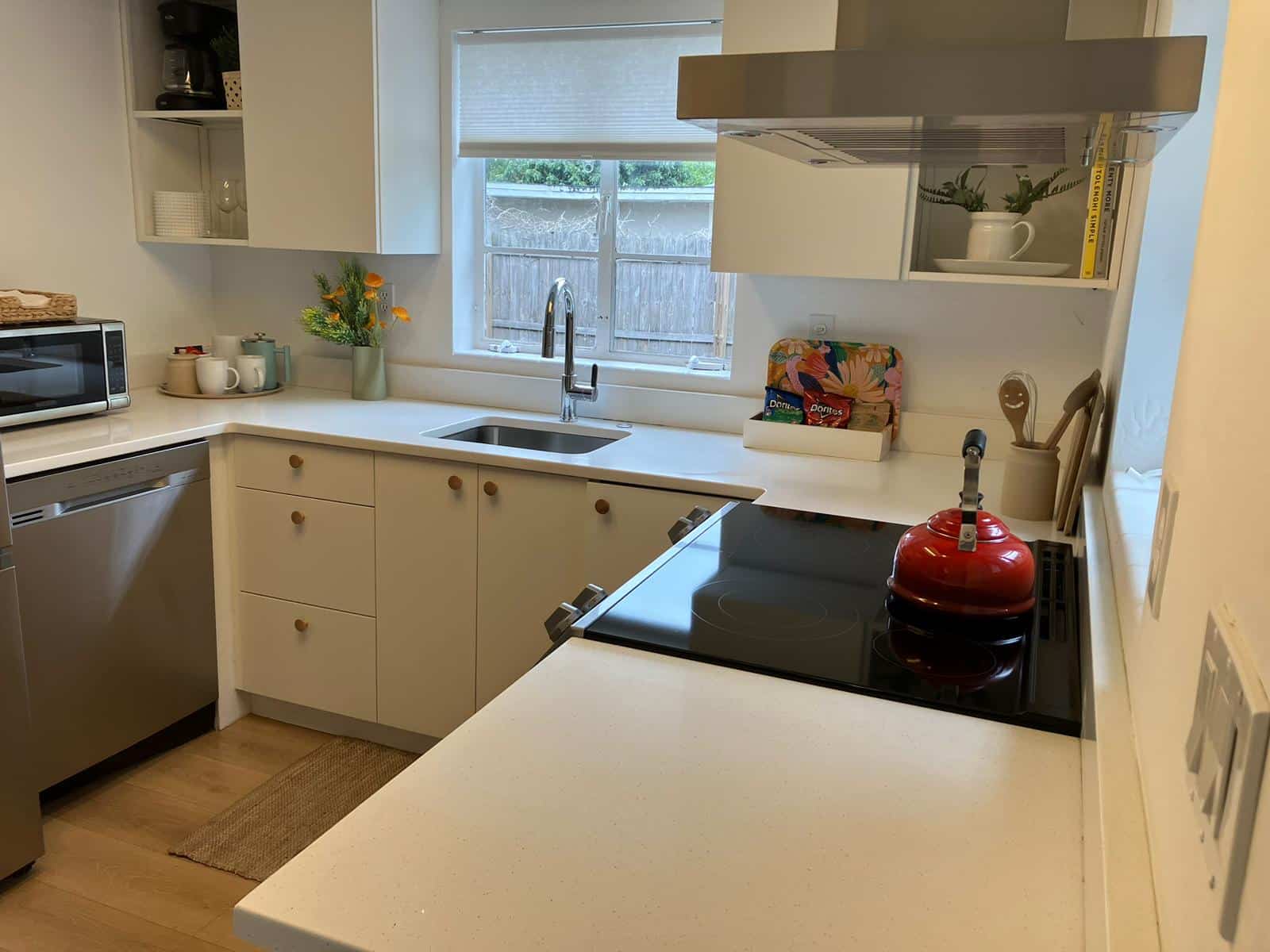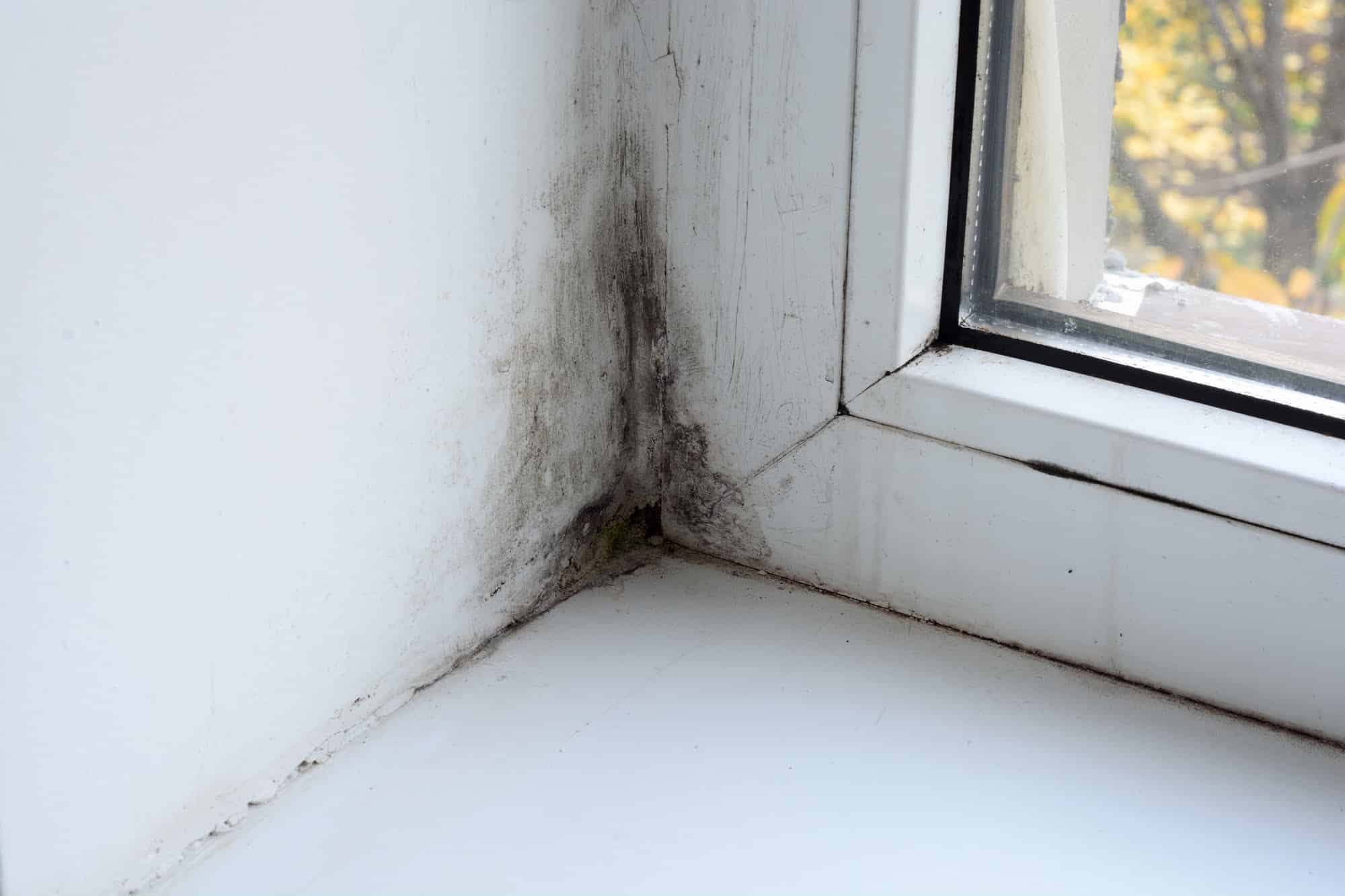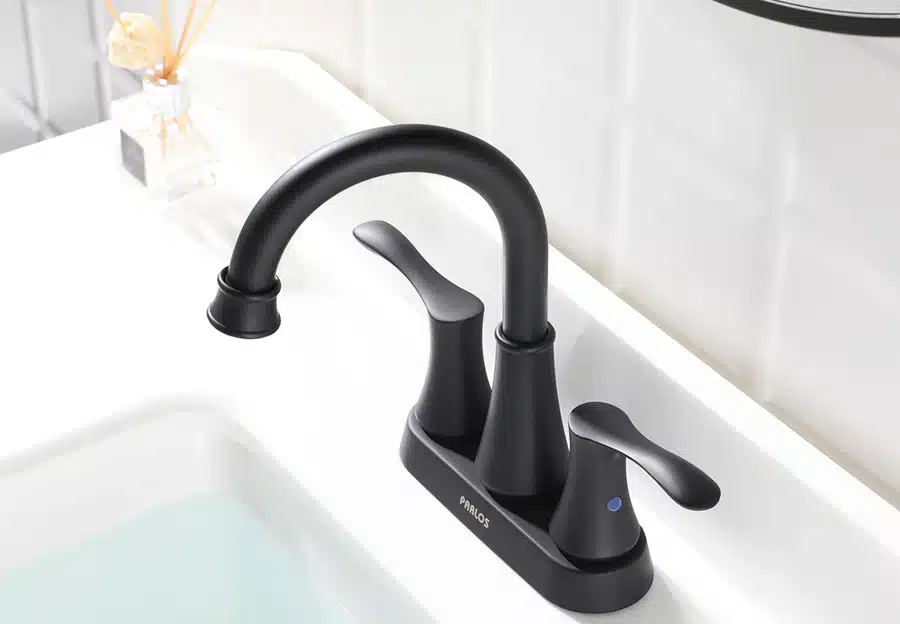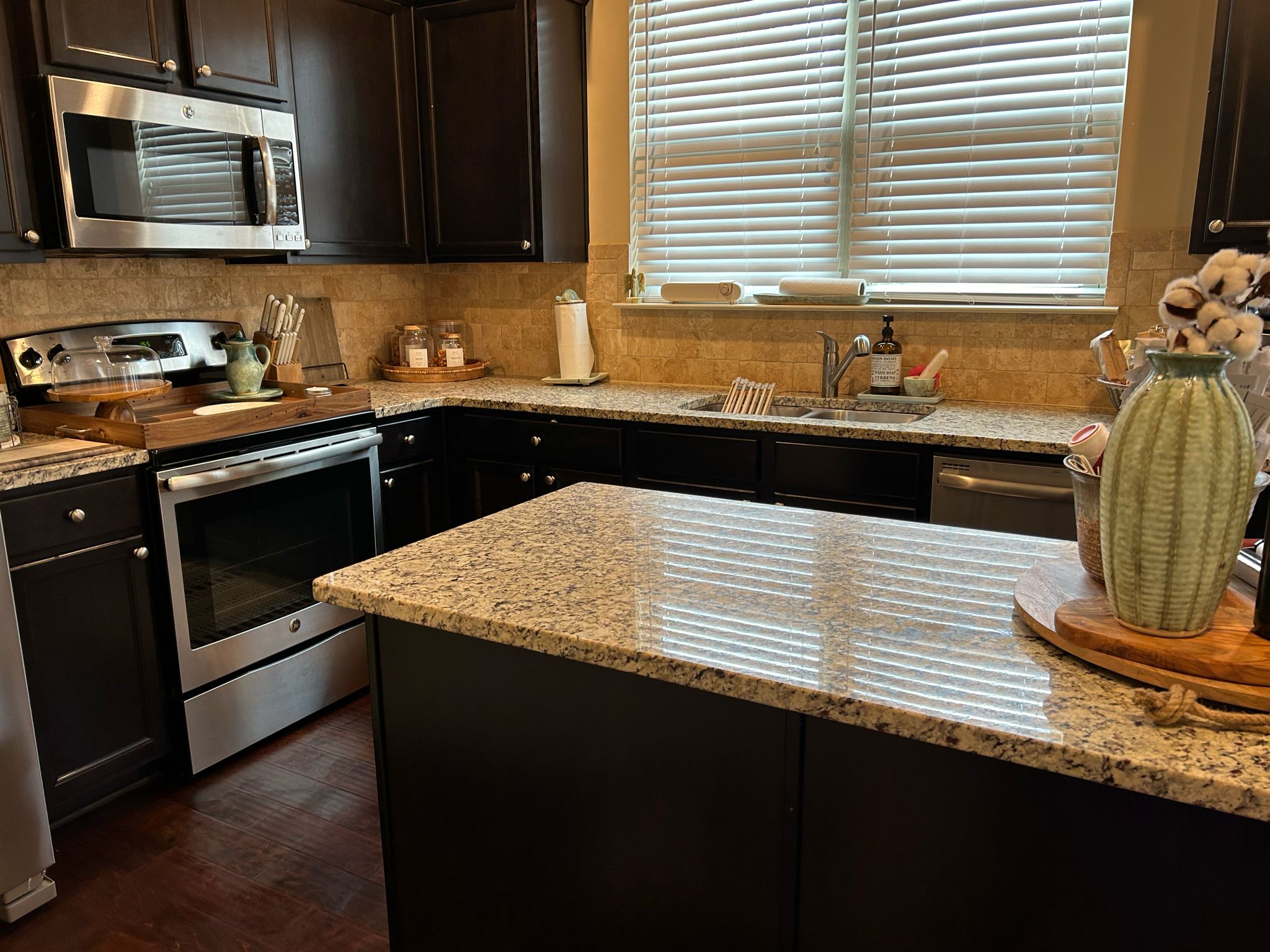Have the unannounced guests arrived and all the cobwebs, dust bunnies, and dust are starting to come forward? This is the moment when you begin to realize that maybe getting a recurring cleaning done by a professional isn’t such a bad idea. Periodic cleaning is not just a phrase; it’s a key to maintaining a clean and healthy living space.
Periodic cleaning refers to the regular and systematic cleaning of your living or working space at scheduled intervals. In this blog, we’ll dive into the meaning of periodic cleaning and why it’s a game-changer for keeping your home or office in tip-top shape!
Key Takeaways
- Periodic cleaning involves thorough, scheduled cleaning beyond regular routines, targeting hidden dirt and allergens for a healthier living space.
- Most common tasks include deep dusting, vacuuming, mopping, attention to appliances, and fixtures, and decluttering for a comprehensive clean.
- It saves time, promotes health, prevents mold, extends furniture lifespan, reduces allergens, positively impacts mental well-being, and maintains property value.
- To get started, assess your space, create a checklist, set a realistic schedule, gather supplies, and reward yourself for a job well done.
What Does Periodic Cleaning Mean?
Periodic cleaning is a step beyond your usual cleaning routine, involving a more thorough and comprehensive approach. Unlike daily or weekly tidying up, periodic cleaning is like a detailed mission to combat accumulated dirt and dust that may go unnoticed during regular cleaning sessions.
Imagine it as the strategic deep-cleaning plan for your home. The purpose of periodic cleaning is to reach those often-neglected areas – like corners, behind furniture, and under appliances – where dust and allergens tend to accumulate over time. The goal is not only to enhance the visual appeal of your living space but also to create a healthier environment by eliminating potential sources of allergens and germs.
Core Elements of Periodic Cleaning – the Why’s and the How’s
1. Comprehensive Dusting
Why: Dust accumulates in often-overlooked areas, affecting indoor air quality and the overall cleanliness of your space.
How: Use microfiber cloths for surfaces, and extend your reach to high shelves, ceiling corners, and behind furniture. Don’t forget electronics and vents.
2. Deep Vacuuming and Carpet Care
Why: Carpets trap dirt and allergens, impacting air quality and the longevity of your flooring.
How: Vacuum regularly, focusing on high-traffic areas. Consider deep cleaning carpets periodically, using a carpet cleaner, or hiring a professional service.
3. Thorough Mopping and Sanitization
Why: Floors harbor bacteria and germs, especially in kitchens and bathrooms.
How: Use appropriate floor cleaners and focus on areas prone to spills and foot traffic. Sanitize frequently touched surfaces like doorknobs and light switches.
4. Kitchen Appliances and Cabinets
Why: Grease and food particles accumulate, impacting appliance efficiency and hygiene.
How: Clean the oven, microwave, refrigerator, and other appliances regularly. Wipe down cabinet surfaces and handles. Empty and clean the refrigerator drip pan.
5. Bathroom Fixtures and Grout
Why: Mold and mildew love damp bathroom environments.
How: Scrub tiles and grout to prevent mold growth. Clean and disinfect bathroom fixtures and focus on faucets, handles, and showerheads.
6. Declutter and Organize
Why: Clutter attracts dust and makes cleaning less effective.
How: Regularly declutter by organizing belongings and donating items you no longer need. Keep surfaces clear for easier cleaning and a more organized living space.
7. Window and Curtain Cleaning
Why: Dust and grime accumulate on windows and curtains, impacting natural light and air quality.
How: Clean windows inside and out, and launder or vacuum curtains. Consider professional window cleaning for hard-to-reach areas.

Advantages of Periodic Cleaning
According to a Cleaning Institute Survey, most individuals spend 2 to 4 hours cleaning their houses every week. This is a time you could be spending with your family, reading your favorite novel, or doing anything you enjoy. Periodic cleaning helps to create a cycle of regular cleaning schedule that spares you time to focus on other aspects of life.
In addition to this, here are some more benefits of periodic cleaning:
1. Healthier Living Environment
Periodic cleaning is a practical habit that involves regularly addressing dust, allergens, and pollutants in your living space. By doing so, you actively contribute to maintaining good indoor air quality. This routine minimizes the health risks associated with respiratory issues and allergies, creating a more comfortable and healthier living environment for you and your family.
2. Mold and Mildew Prevention
Mold and mildew prevention goes beyond what meets the eye in your cleaning routine. Hidden moisture-prone areas, like bathrooms and basements, are favorite hangouts for mold and mildew. Periodic cleaning involves inspecting and tackling these areas head-on, reducing the chances of these unwelcome guests. By doing so, you’re not only preventing potential structural damage but also minimizing health risks associated with mold exposure.
3. Extended Durability of Furniture and Flooring
Grime can accelerate wear and tear on furniture and flooring. Periodic cleaning steps in as the guardian of your investments by routinely removing these particles.
Picture it like this: the particles that accumulate over time act like tiny abrasives, subtly wearing down surfaces. Periodic cleaning is your defense, preventing this wear and tear. The result is not only financial savings in the long run – since well-maintained items need replacing less often –but also the sustained aesthetic appeal of your living space.
4. Positive Psychological Impact
Keeping your space clean has great benefits for your mental well-being. When you regularly tidy up, you’re not just creating a visually pleasing environment – you’re also actively reducing stress.
Studies have found a connection between a clutter-free space and better mental states, including less procrastination and feeling less overwhelmed. On top of that, the physical act of cleaning releases endorphins – those natural mood-boosting chemicals that act as pain relievers and stress reducers.
5. Property Value Maintenance
Regular maintenance, which includes periodic cleaning, plays a crucial role in keeping both the outward charm and structural integrity of your home or office. Cleaning is a fundamental aspect of preserving property value, whether you have plans to sell or simply want to enjoy your space for the long time.
Consider it as giving your property a tune-up. Periodic cleaning, along with other maintenance routines, prevents the gradual wear and tear that can occur over time.

How to Get Started With Periodic Cleaning
Getting started with periodic cleaning may seem like a daunting task, but breaking it down into manageable steps can make the process much easier. Here are some useful tips for periodic cleaning to help you kickstart your cleaning routine:
1. Assess Your Space
Start by taking a quick walk through each room of your home or office, paying close attention to nooks and crannies and other often-neglected spots.
When evaluating each room, think about high-traffic zones. These are the places that get the most use and, consequently, may need more frequent attention. Check for cluttered areas where things seem to pile up or where items are out of place.
2. Create a Checklist
Creating a checklist is your roadmap to a thorough and effective periodic cleaning routine. Breaking down your checklist into smaller steps makes sure that no area is overlooked during your periodic cleaning session.
Let’s break down how to craft a practical checklist:
-
Corners and Ceilings
Check for cobwebs and dust in the corners and along the edges of ceilings. Use a duster or an extendable wand to reach high places.
-
Behind Furniture and Appliances
Move furniture and appliances to clean the usually overlooked areas. Vacuum or sweep behind them, and wipe down surfaces. This way you can catch all the hidden dust and dirt.
-
Carpets and Rugs
Vacuum carpets and rugs thoroughly and focus on high-traffic areas. Consider using a carpet cleaner for a deeper clean if needed.
-
Baseboards and Trim
Wipe down baseboards and trim with a damp cloth to add a finishing touch to the cleanliness of your space.
-
Kitchen Appliances
Clean the surfaces of kitchen appliances, both inside and out. Pay attention to the oven, microwave, and refrigerator. Check for any spills or crumbs that may have accumulated.
-
Bathroom Fixtures
Scrub tiles, grout, and bathroom fixtures. Address any soap scum or mildew that may have developed. Consider using a bathroom-specific cleaner for optimal results.

3. Set a Realistic Schedule
Creating a realistic schedule for periodic cleaning involves thoughtful consideration of your lifestyle and the unique needs of your living or working space. Here’s a simple guide on how to set a schedule that you can stick to:
-
Assess Your Routine
Start by evaluating your daily routine and commitments. Consider factors such as the size of your household, the presence of pets, and your work schedule. Understanding your routine helps in determining the frequency of cleaning that aligns with your lifestyle.
-
Identify Specific Needs
Take note of specific cleaning needs in your space. High-traffic areas, rooms more prone to dust, and places with persistent clutter may require more frequent attention. Tailor your schedule to address these specific needs for a comprehensive clean.
-
Mark Cleaning Days
Once you’ve determined your cleaning frequency, mark specific days on a calendar. Having designated cleaning days helps integrate cleaning into your routine, making it a habit rather than an occasional task.
-
Be Realistic About Time
Consider the time and energy you realistically have for cleaning. If certain months are busier than others, adjust your schedule accordingly. Being realistic about time constraints ensures that your cleaning routine remains achievable.
-
Flexibility is Key
Life is unpredictable, and schedules may need to be flexible. Be open to adjusting your cleaning days when unexpected events occur. Flexibility ensures that you can maintain your cleaning routine without feeling overwhelmed.
4. Gather Cleaning Supplies
Make sure that you have all the necessary cleaning supplies before you start. Keep the following cleaning supplies handy:
- Microfiber cloths
- Sponges
- All-purpose cleaner
- A vacuum cleaner with attachments
- Glass cleaner
- Bathroom cleaner
- Wood cleaner (if applicable)
- Eco-friendly cleaning alternatives (optional)
- Trash bags
- Cleaning gloves
- Protective gear (goggles or mask, if needed)
- Specialized tools for specific tasks (e.g., extendable dusters)
5. Reward Yourself
Great job on completing your periodic cleaning tasks! Now, it’s time to give yourself a pat on the back and enjoy a little reward. Cleaning might not be the most glamorous task, but acknowledging your efforts is crucial. Treat yourself to something you enjoy – maybe it’s a slice of your favorite cake, a cozy break with a cup of tea, or a short moment to just relax. Celebrate the achievement, and let yourself breathe in the satisfaction of a freshly cleaned space.
Wrapping Up
Between everyday tasks and occasional cleaning, periodic cleaning stands out as a quiet champion for our living spaces.
Periodic cleaning actively reduces allergens and promotes a healthier living environment. It’s the unsung hero that battles unseen foes like mold, preserving both our homes and our health. It even keeps our furniture and upholstery fresh. So, the next time you decide on your periodic cleaning routine, know that you’re not just tidying up; you’re actively contributing to a more comfortable and wholesome living space.
And if keeping up with the periodic cleaning schedule becomes too exhausting for you, then delegate it to My Cleaning Angel, your partner in a clean and healthy home. Whether you require periodic deep cleaning or more regular maintenance, our cleaning angels are here to make it happen! Schedule cleaning services online, it’s easy and fast. Get a quote and book now.

FAQs
What is the meaning of weekly cleaning?
Weekly cleaning refers to the regular maintenance of a living or working space on a weekly basis. This routine typically involves tasks such as dusting, vacuuming, mopping, and addressing specific cleaning needs to keep the space consistently clean and organized.
Is periodic cleaning too expensive?
The cost of periodic cleaning can vary depending on factors like the size of the space, specific cleaning requirements, and whether you choose to do it yourself or hire a professional service.
What is the difference between daily cleaning and periodic cleaning?
Daily cleaning involves routine tasks that are done on a day-to-day basis, such as making beds, washing dishes, and quick tidying up. On the other hand, periodic cleaning is a more comprehensive and less frequent deep cleaning effort.







